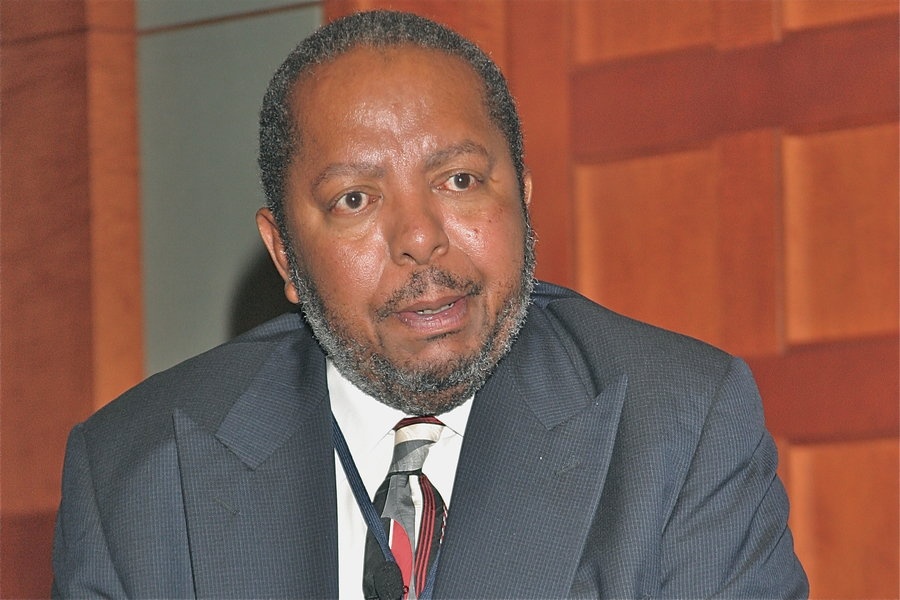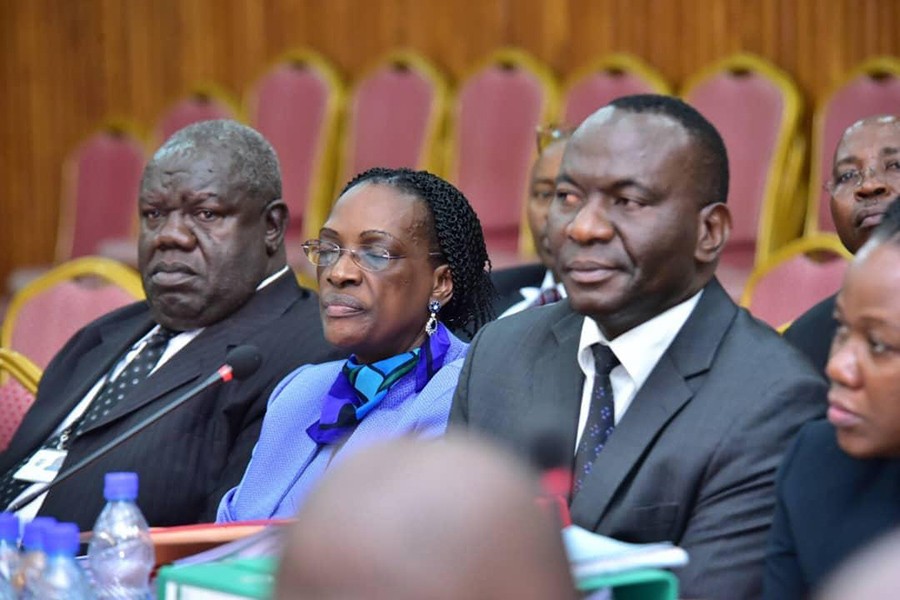Opinion: COSASE Probe rips to shreds BOU Mystique, Officials left naked
UNCONVENTIONAL THOUGHT
A column by Raymond Mujuni
Over a month ago, it used to be that if you worked for the central bank, you walked with a gait in your step, you had callous snide for other public servants, at events you’d speak last, in that slot reserved for the ‘big man’ speech and you always had your way in public sphere.
Not anymore.
You can hardly catch a breath if you work for the institution. From one scandal to the next, the rostrums that constructed the sanctity of the institution are being brought down.
From all the drubbing the regulator is taking at the Parliamentary committee on statutory entities and state agencies [COSASE] it would be saving grace for the cameras to go off and the governor and his team are handed the house cleaning items.
I’ll start with the minor details; A confirmation from the bank governor that confidential letters of his had leaked to the media! Wow! What else isn’t leaking?
We have copies of a confidential audit report on the defunct Crane Bank, we have the account details of both the Deputy Governor and the Executive Director of Bank Supervision, we now know what assets they own or are alleged to own and worse still, we can’t tell how deeper into the hole we shall get.
And I know, I know the argument, that the central bank is under attack and needs protection.
It is true, indeed, that the central bank, for the last eight months, has been under sustained propaganda and social media attack which many believe – though without real evidence – is being engineered by a businessman that lost his bank.
What worries me is not that, it is rather, that the attack, for all it’s said faults and defamatory remarks cannot be stopped. And that there is where the gold is.
 Emmanuel Tumusiime-Mutebile, the governor Bank of Uganda
Emmanuel Tumusiime-Mutebile, the governor Bank of Uganda
In October, the central bank, exercising its powers as a regulator took over Uganda’s biggest indigenous bank – Crane Bank. The take-over was both swift and well managed, or so we thought at the time, that no depositors lost money and the banking industry didn’t receive the shakedown that would be expected of such a closure. There were a couple of SME’s here and there that wound shop but largely, business progressed normally.
Unlike all banks taken over before it, Crane bank was the most indebted to capital threshold regulations. Over 240 billion shillings below the marker.
So if indeed the Central bank acted rightly in the bank takeover, why can’t it stop the propaganda that it’s executives may have profiteered prior to or after closure of the bank?
That, you will find, is the question at the heart of the matter in the probe.
To also cut the central bank some slack, closing a large indigenous bank without as much as a nail drop of noise in the banking sector was a class act. It showed that the central bank was ready to confront challenges where it isn’t waist-deep in experience.

You could borrow lessons and compare notes in fact with the fall of the Lehman Brothers, the struggle the English economy suffered in the hands of the Royal Bank of Scotland – those were crises of gigantic proportion.
Here, the central bank proved its ability to wait out on the card of regulatory forbearance, seeing Crane Bank sink in its hole and at the opportune moment struck.
Now, the central bank owes us more explanations on what happened after the closure. Till they are satisfactory, more staff will walk with hoods on their heads and microphones will not be reserved at parties for their speeches – and we all don’t want that.













